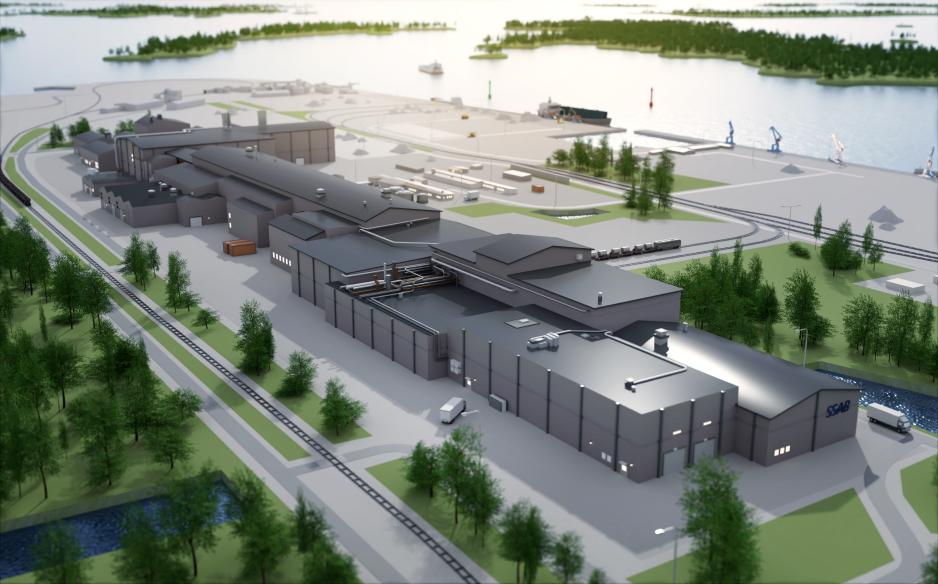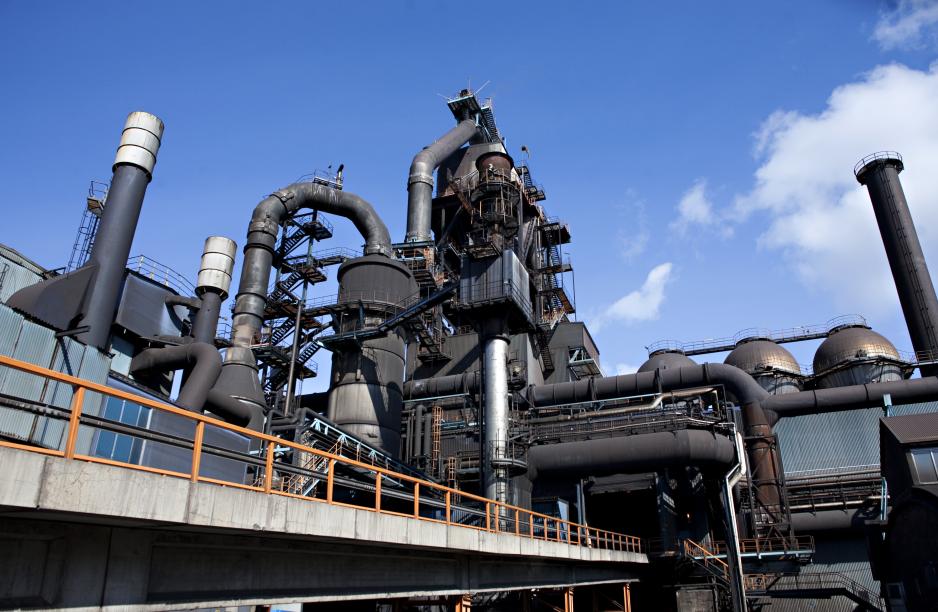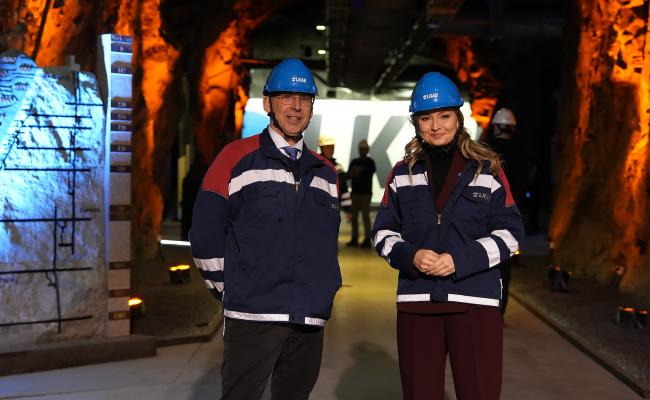Steel Producer Receives Billion Grant for Green Transformation in Northern Sweden

Illustration of SSAB's new steel plant in Luleå. The EU grant and the national co-funding will contribute to the shift to fossil-free production at the new Luleå mini-mill. (Photo: SSAB)
The Swedish steel producer SSAB has been granted SEK 1.45 billion for the green transformation of its Luleå operations. The steel plant in the Northern Swedish city currently accounts for Sweden's largest carbon emission.
The SSAB steel plant in Luleå, Northern Sweden, has been granted SEK 1.45 billion by the Swedish Agency for Economic and Regional Growth in the framework of the EU Just Transition Fund and state co-funding.
The grant is directed toward the transformation to fossil-free production of the company's operations in Luleå, Northern Sweden.
”The funding from the EU and the Swedish Agency for Economic and Regional Growth enables us to maintain a high pace in the transition to fossil-free steel production. It is a clear signal from both the EU and Sweden about the importance of our transformation," says Johnny Sjöström, President and CEO at SSAB.
"It will strengthen not only our competitiveness but the competitiveness of Sweden as a whole and means that we can continue to deliver the steel our customers demand," he adds.
Northern Sweden's iron and steel industry
- Ninety percent of the EU's iron ore production comes from Norrbotten in Northern Sweden.
- The county's iron and steel industry is significant for employment and the economy in Norrbotten and Sweden.
- The steel industry emits the most CO2 of Sweden's industries.
Source: The Swedish Agency for Economic and Regional Growth
From blast furnace to fossil-free mini-mill
SSAB's steel plant in Luleå, located on the Northern Swedish west coast, is considered Sweden's biggest carbon polluter.
The company plans to phase out the current coal and blast furnace production system in favor of a new fossil-free mini-mill with electric arc furnaces and rolling complexes.
The Swedish Agency for Economic and Regional Growth writes that the changes are expected to reduce the SSAB plant in Luleå's CO2 emissions by 90 percent. In other words, this will contribute to reducing Sweden’s CO2 emissions by 7 percent, in addition to the 3 percent from the conversion of SSAB’s steel plant in Oxelösund.

The blast furnace at SSAB in Luleå, together with emissions from the coking plant, accounts for approximately seven percent of Sweden's carbon dioxide emissions. It is now to be replaced by a new electric steel mill. (Photo: SSAB).
According to the company, the startup of the new mill in Luleå is planned for the end of 2028 with full capacity in 2029, while the startup of the new electric arc furnace in Oxelösund is expected toward the end of 2026. The investments are mainly funded with SSAB’s own cash flow.
"it is important to Norrbotten and to Sweden that the steel industry now accelerates the green shift while also maintaining competitiveness. It is also important in order to reach Sweden's climate goals," says Elisabeth Backteman, Director General of the Swedish Agency for Economic and Regional Growth.
Together with the mining company LKAB and the energy company Vattenfall, SSAB is currently developing the Hybrit project, which bases itself on fossil-free production in the entire value chain from iron ore to steel. According to SSAB, the new factory will be supplied with a mixture of fossil-free sponge iron from the coming Hybrit facility in Gällivare and recycled scrap metal.
The Just Transition Fund
- An EU fund focusing on industries and regions with high carbon dioxide emissions. The fund will help reduce emissions and tackle the challenges created by the transition.
- In Sweden’s national program for the Just Transition Fund, the eligible sectors are the steel, metal and cement industries.
- The steel industry in Norrbotten was pinpointed as one of three industries that could be awarded the funds.
Source: SSAB





